
If you have ever taken a yoga class, you should be familiar with the pose, “Chaturanga”. However, it is very likely you are not familiar with the correct way to get into this pose! Chaturanga Dandasana, or Four-Limbed Staff Pose, is essentially a tricep push-up. It may look simple, but many yogis have trouble with this pose. Here are my recommendations for correctly getting into Chaturanga.
Most commonly you will find Chaturanga Dandasana, or Chaturanga, for short, in a vinyasa that consists of Downward Facing Dog, Plank and Upward Facing Dog. Depending on the class you are taking, there could be 10 Chaturangas or 100! And, muscling through Chaturanga with bad form can wear out your shoulders, your elbows and strain muscles in your chest and back. Here are the key steps to safely chaturanga-ing your way through a vinyasa class!
– From Downward Facing Dog, shift forward into Plank Pose, or the top of a push up. Your arms are perpendicular to your mat. You are a straight line from your head all the way down to your heels, and your shoulders stack directly over your wrists. Draw your shoulders away from your ears and down your back, keep the belly engaged, and try not to let your buttasana sag. Gaze slightly forward.
– Now, I want you to think of your arms and shoulders as a ferris wheel. Your shoulders are at the top of the wheel and about to make their descent down towards the earth. If you drop them straight down by just bending your elbows, you plummet to the earth. Not good. Instead… Slowly start to shift forward as seen in the top picture below. It’s a slight movement that brings the shoulders beyond the wrists.
– Continue to squeeze the elbows in as you slowly bend them to a 90 degree angle.
– Shoulders remain broad down your back, the front of your shoulders remain lifted and your belly continues to be engaged. Gaze down or slightly forward, but keep your neck soft.
If you cannot do the full Chaturanga with proper form, or you are tired, MODIFY and do Caterpillar Pose.
Caterpillar Pose is a great alternative, and allows you to practice keeping your elbows pinned to your sides and forearms perpendicular to the ground. From Downward Facing Dog, shift slightly forward and lower your knees, chest and chin to the ground. Your elbows hug into your body, your hips and buttasana remain high. From this position you can slide forward into your Upward Facing Dog.
As always, be mindful in your practice. Take a few pictures or even a video to see your form, and make adjustments if necessary.
XOXO
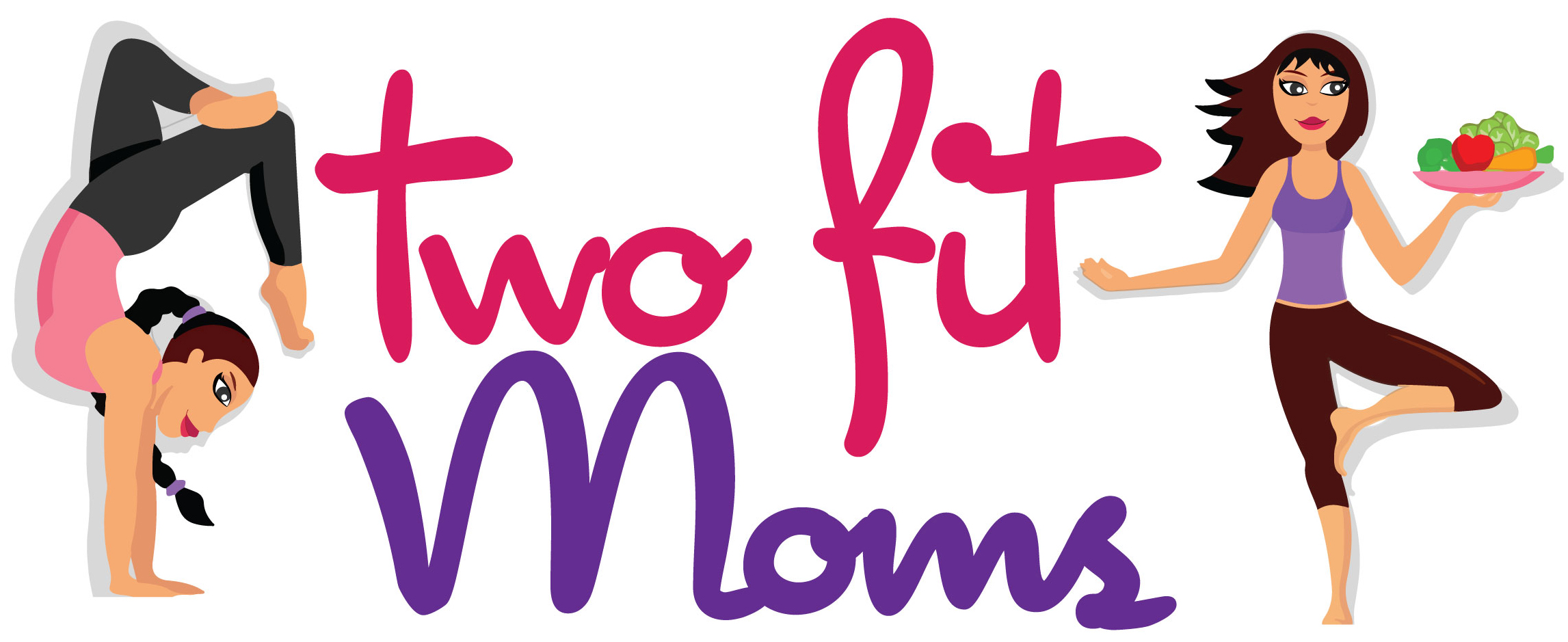
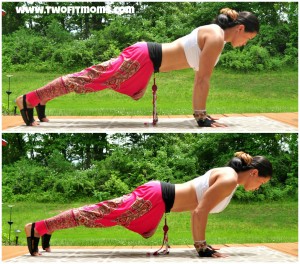
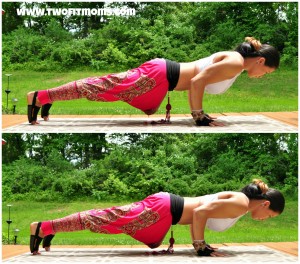
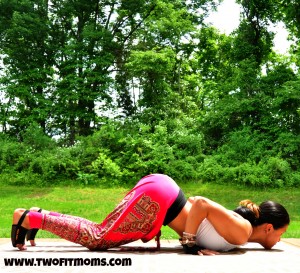

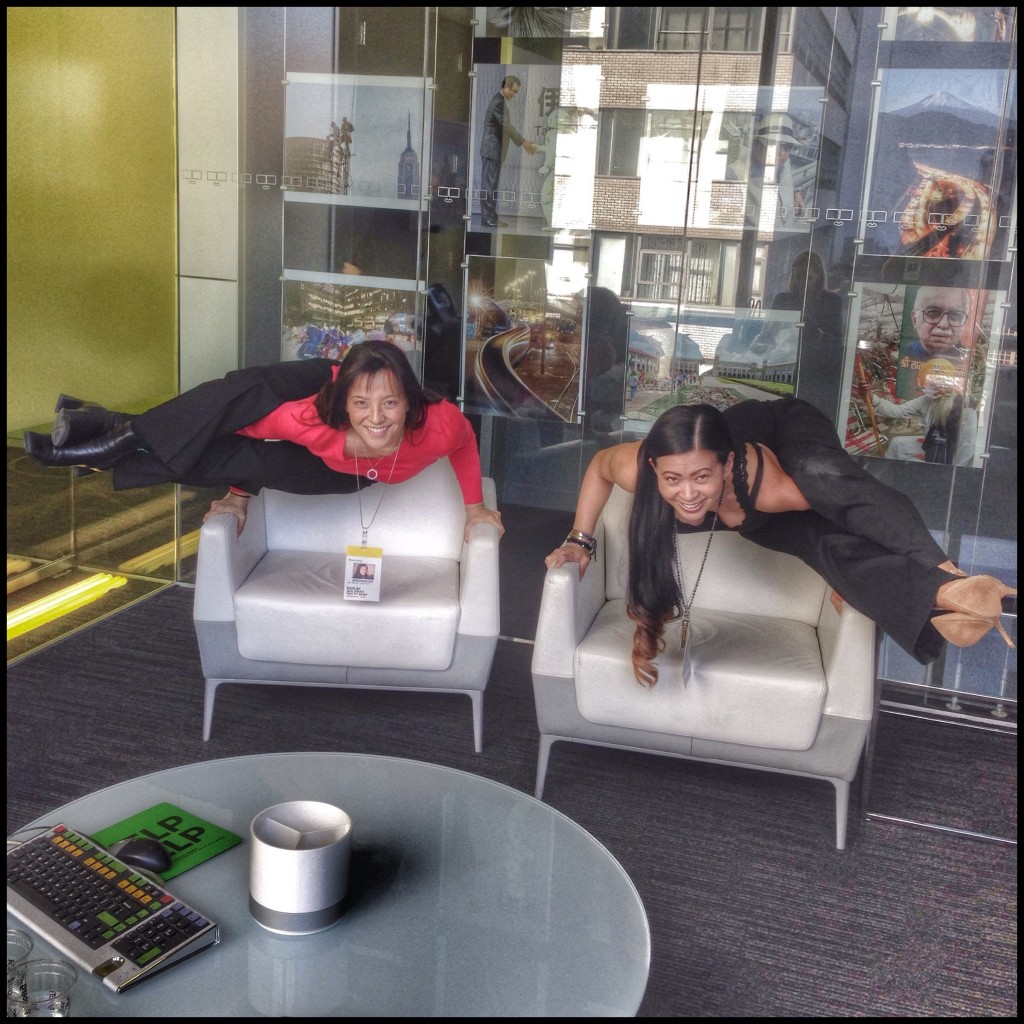


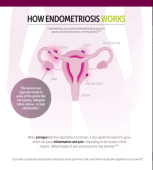

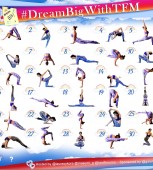

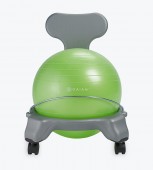
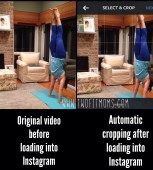

Yes! Thank you for this post! I’ve been having trouble with this pose since I started my practice.
Great post… Those pink pants are beautiful. Where are they from?